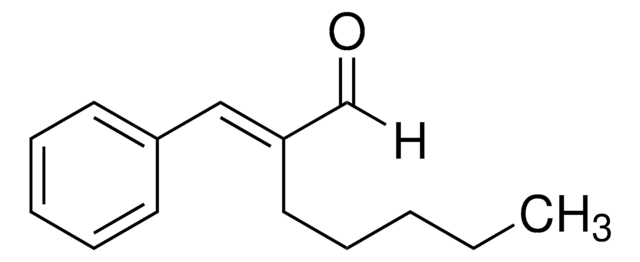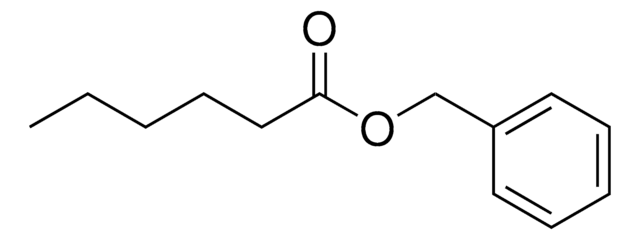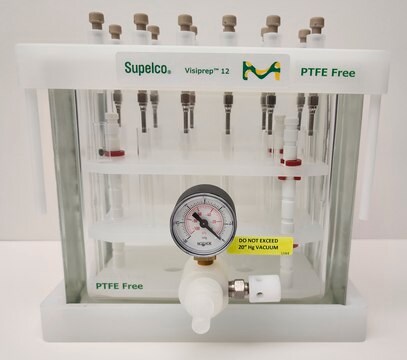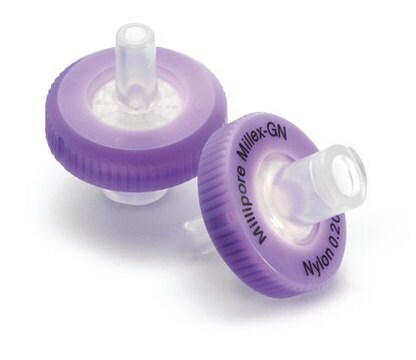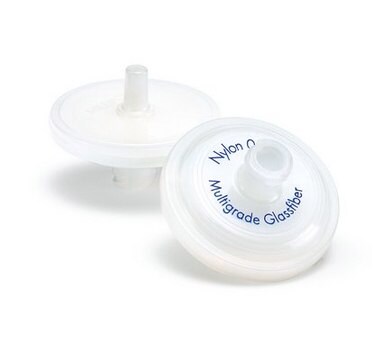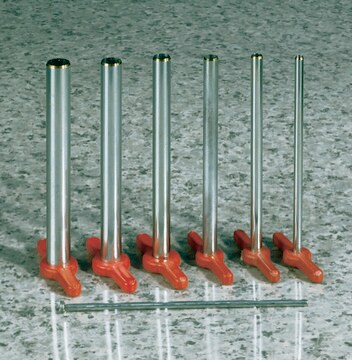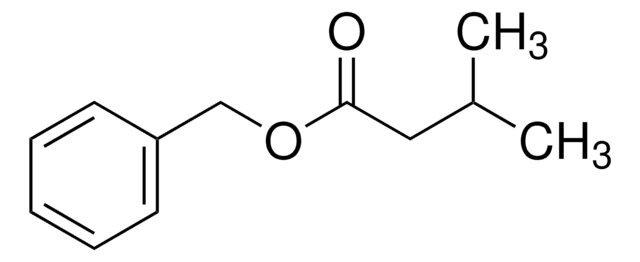W206105
α-Amylcinnamaldehyde
mixture of cis and trans, ≥97%, stabilized, FG
About This Item
Fragrance grade
Halal
Kosher
meets purity specifications of JECFA
Recommended Products
biological source
synthetic
Quality Level
grade
FG
Fragrance grade
Halal
Kosher
Agency
follows IFRA guidelines
meets purity specifications of JECFA
reg. compliance
EU Regulation 1223/2009
EU Regulation 1334/2008 & 178/2002
FDA 21 CFR 117
FDA 21 CFR 172.515
Assay
≥97%
contains
BHT as stabilizer
composition
contains IFRA and EU 1223/2009 restricted α-amylcinnamaldehyde
refractive index
n20/D 1.557 (lit.)
bp
287-290 °C (lit.)
density
0.97 g/mL at 25 °C (lit.)
application(s)
flavors and fragrances
Documentation
see Safety & Documentation for available documents
food allergen
no known allergens
fragrance allergen
amyl cinnamal
Organoleptic
fruity; floral; sweet
SMILES string
[H]C(/C(CCCCC)=C/C1=CC=CC=C1)=O
InChI
1S/C14H18O/c1-2-3-5-10-14(12-15)11-13-8-6-4-7-9-13/h4,6-9,11-12H,2-3,5,10H2,1H3/b14-11+
InChI key
HMKKIXGYKWDQSV-SDNWHVSQSA-N
Looking for similar products? Visit Product Comparison Guide
Signal Word
Warning
Hazard Statements
Precautionary Statements
Hazard Classifications
Aquatic Chronic 2 - Skin Sens. 1
Storage Class Code
10 - Combustible liquids
WGK
WGK 2
Flash Point(F)
294.8 °F
Flash Point(C)
146 °C
Personal Protective Equipment
Regulatory Listings
Regulatory Listings are mainly provided for chemical products. Only limited information can be provided here for non-chemical products. No entry means none of the components are listed. It is the user’s obligation to ensure the safe and legal use of the product.
PRTR
Class II Designated Chemical Substances
FSL
Group 4: Flammable liquids
Type 3 petroleums
Hazardous rank III
Water insoluble liquid
ISHL Indicated Name
Substances Subject to be Indicated Names
ISHL Notified Names
Substances Subject to be Notified Names
JAN Code
W206105-BULK-K:
W206105-1KG:
W206105-10KG:
W206105-10KG-K:
W206105-SAMPLE-K:
W206105-5KG-K:
W206105-5KG:
W206105-1KG-K:
W206105-SAMPLE:
W206105-VAR-K:
Choose from one of the most recent versions:
Already Own This Product?
Find documentation for the products that you have recently purchased in the Document Library.
Our team of scientists has experience in all areas of research including Life Science, Material Science, Chemical Synthesis, Chromatography, Analytical and many others.
Contact Technical Service